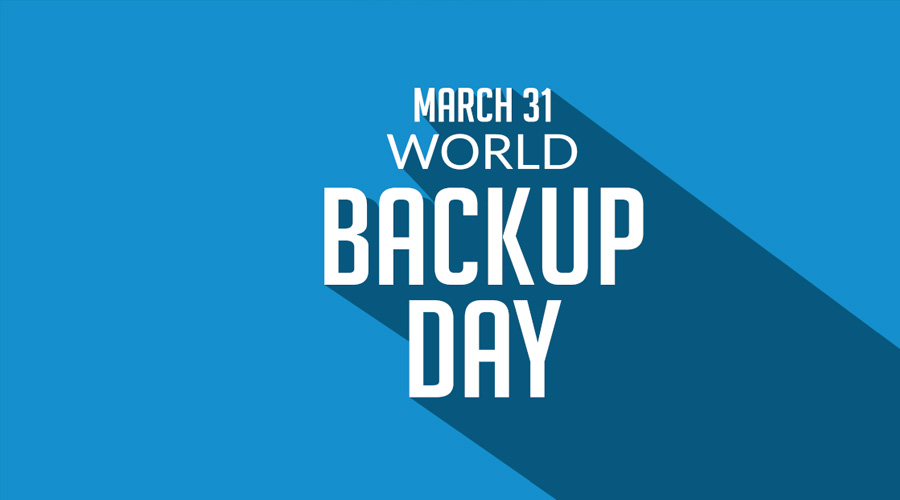World Backup Day shows the importance of data storage and data backup
Today, World Backup Day, is celebrated to raise awareness and educate tech users about computer backup and data protection. In today’s digital world, schools are more plugged in and reliant on tech than ever before. Traditionally, educational institutions have provided devices – to their students, faculty, and staff – that were owned by the respective organization or corporation. However, the consumerization of IT has forced schools and universities to embrace, implement and support bring your own device programs. These allow users to use their personal devices – laptops, notebooks, smartphones, tablets, and phablets – for learning and research purposes. According to a report, 98% of schools have one or more computers in the classroom, 81% of teachers agree that tablets enrich classroom learning, and 90% say that modern technology is an important tool in achieving success in educational programs.
- Steps to Integrate Tech-Based Learning Instruction in EdTech
- Importance of Quality-Based Education for EdTech Startups
- How YouTube Algorithms are Promoting EdTech Marketing Campaigns?
Some of the data challenges facing educational bodies right now:
Duplicate data and multiple contents
Much in the same way that paperwork can grow disorganized, so can digital data records. Simple databases may not always alert school administrators when they are handling duplicate data records. This can lead to the unnecessary filing of data to separate student records.
Master record difficulties
Sources suggest that lining up a ‘master record’ for each student globally is an inherently difficult process. In a perfect world, everyone will all be working with the same data. However, with so many bodies using so many different systems and methods, correlation isn’t always straightforward.
Privacy concerns
Soma Metrics rightfully states that privacy, too, is a growing concern. In the age of social media and ‘Big Data,’ individuals want to know what happens to their information. Schools hold all manner of data on students. Said data likely includes home addresses, dates of birth, and even projected grades.
Data storage and the importance of backing up
Best practice number one? Data storage and backup. The first step toward helping teachers harness technology effectively should arguably be educating them on the importance of backing up, and how to pass that information on to their students. All of the technology in the world is basically useless if we can’t safely store the amazing things we’re able to create with it.
March 31st is World Backup Day, a campaign that aims to spread awareness about the importance of storing and backing up your data.
For students and teachers, not following backup best practices means leaving countless hours of coursework, projects, research, and sensitive student information vulnerable to damage, theft, hardware failure, and other data-sabotaging accidents.
Data Storage & Backup: 3 Lesson Points
The following main points are considered the pillars of data backups and storage and should be the main focus of any lesson for both teachers and students.
- Prioritize Data Security
The main methods for data backups are physical devices and cloud storage. Physical backup solutions include USB hard drives, and cloud solutions include services like Google Cloud and Dropbox. Each option comes with pros and cons, and most experts recommend what’s known as hybrid cloud backup, where you backup to a local device and a cloud service.
- Backup Every Device
When people think about backups, they automatically think of computers. However, any digital device can and should be backed up, including smartphones and tablets. Tablets are becoming more and more popular as a classroom learning tool, and students often take notes on their phones if and when allowed.
- Do It Regularly
The only way to protect yourself and your students against data loss is to establish a regular backup schedule. Since important work is done in the classroom and at home every single day, it’s best to backup every 24 hours.
Whether you use an external drive or cloud storage, there is always an option to have it backup your files automatically at times you set, so you have full control over this. Since backing up can slow your device down, it’s best to backup it overnight.



